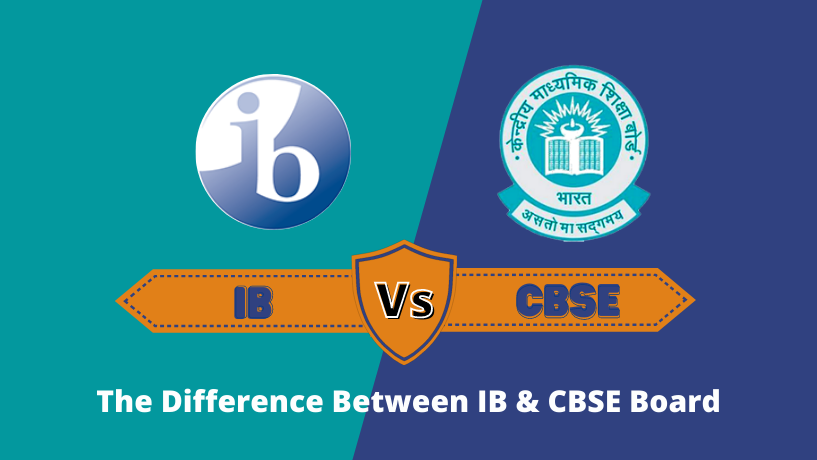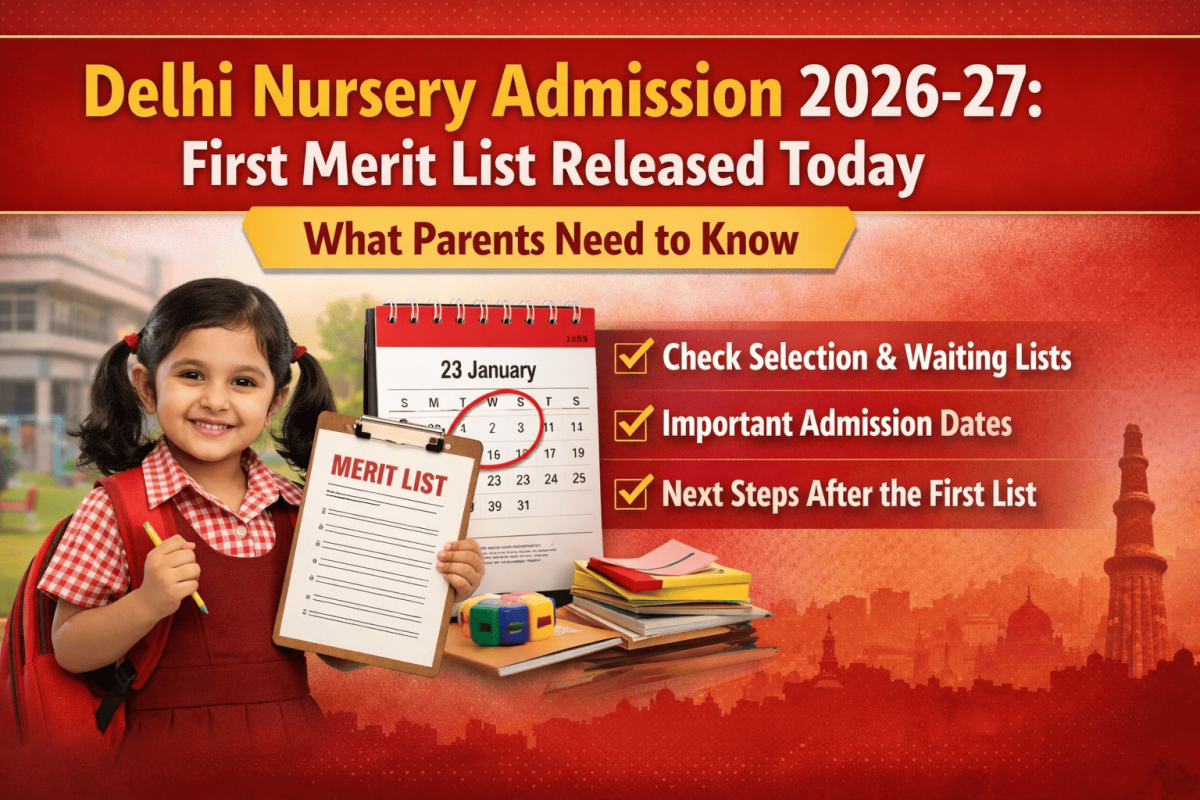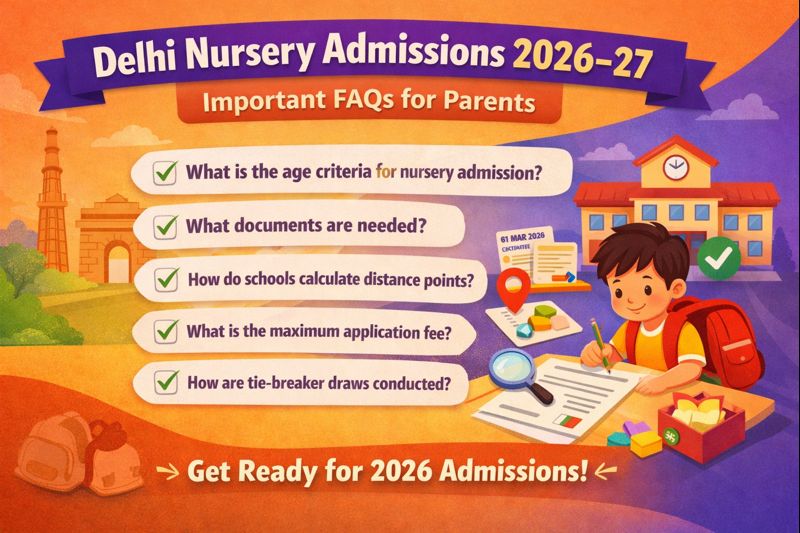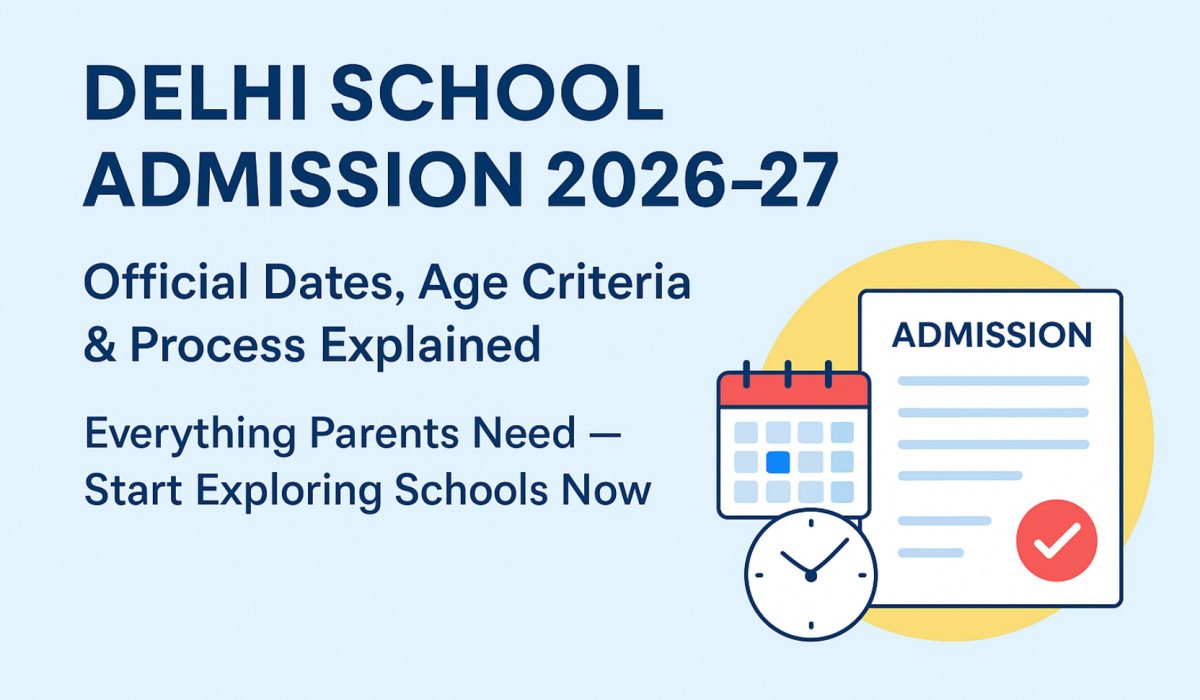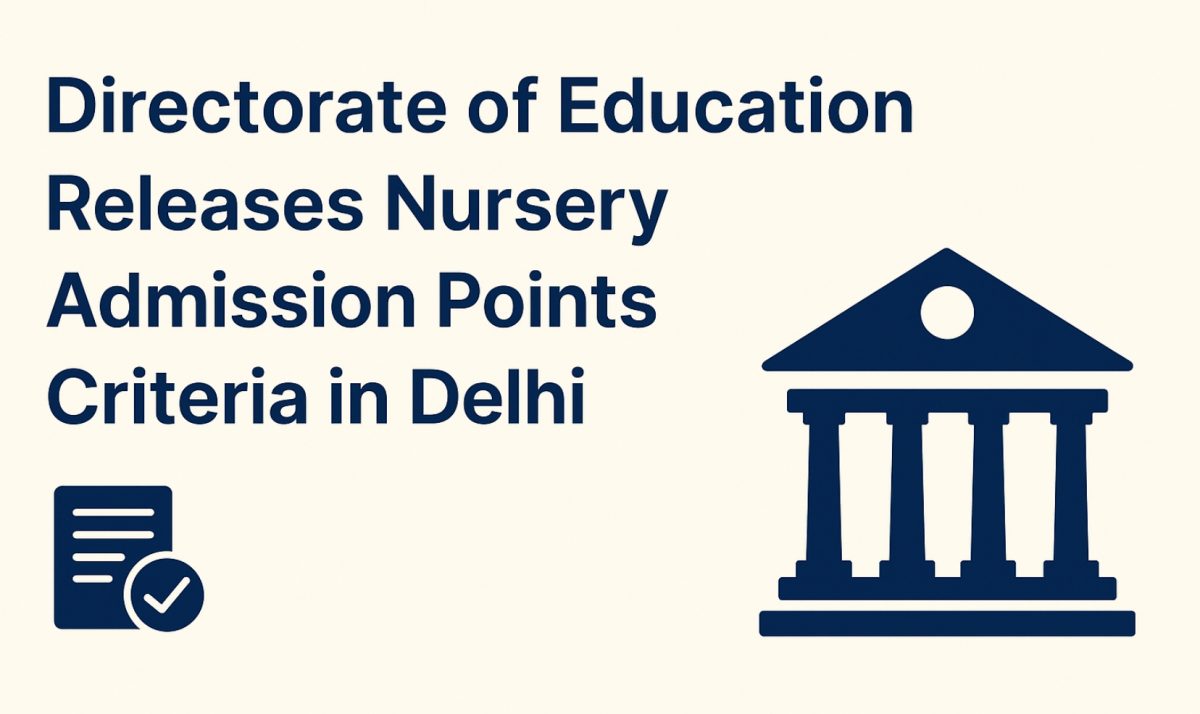CBSE vs IB Board: Which Board is Better?
Introduction
The initial education in the schools plays a very crucial role in molding a child for the future. Therefore, for the overall development of the child, it is necessary to have a good start. A good start indicates the choice of a correct board of education. The methodology and strategy followed by each board plays an essential role in building up one’s career and acts as a bridge in the achievement of the goals, therefore it becomes quite important to choose a suitable and appropriate board for the child.
Parents who are seeking admission for their children have a prevalent question in mind – which board of education would be the right CBSE Board or IB Board. How are these different? What would be the impact of the Board on their higher studies?
This blog will answer all your queries in detail and will also help you to make a better decision for your child with a clear vision and plans for their higher studies. The classic dilemma of every parent – ‘which board is better?’, is even bigger now, with more options to choose from. Each board strives to provide quality education to the learners; however, they differ in philosophy, curriculum design, and execution. Thus, it is not right to say if one board is better than the others.
One is the most popular curriculum in India, and the other offers a refreshing new approach to learning. Which one must you choose for your little one?
As a parent, it is only natural that you take every decision that can impact your child’s future seriously and ensure that you provide only the best possible options to enable them to make a marked success of themselves in life.
Among the many struggles of parenting is the struggle of choosing the right curriculum. As if there weren’t enough options to confuse us already, we have the International Baccalaureate (IB), which is quite different from the typical learning methodology that we are aware of. The only way to overcome this confusion is to understand the differences. This article will make it easy for you!
Overview
The CBSE syllabus follows the NCERT curriculum, and the Union Government of India manages the board. It is a national level syllabus that approximately 19,300 schools follow at the moment. The curriculum is quite child-friendly and focuses on the all-round development of each child.
Whereas, the IB curriculum is a national-level curriculum, headquartered in Switzerland. It focuses quite a lot on creativity, critical thinking, and becoming an all-rounder. It is detailed and flexible at the same time, giving children a world of choices when it comes to learning. Not many schools in India offer the IB curriculum.
The CBSE Board:
- The Central Board of Secondary Education (CBSE) was formed in 1962 with the aim of providing students in the country with a high level of quality education designed for securing a good higher education for students within Indian universities. CBSE board syllabus is the one that is followed by a large number of entrance exams for the most prestigious engineering and medical institutes in India.
- BSE is acknowledged by the NCERT(National Council Of Educational Research and Training).
- CBSE has a significantly higher number of affiliated schools than any other board in India. Given its large base, it is often preferred by parents who have to relocate every few years. Moreover, all Kendriya Vidyalaya and Navodaya Vidyalaya are affiliated to CBSE, one of the reasons CBSE being the most popular board in India.
- It prepares children for most competitive examinations that are conducted in the country. Almost all national level entrance examinations are conducted as per the syllabus of CBSE. Therefore students with a career goal in engineering or medical prefer this board.
- The board allows instruction and teaching in English as well as Hindi, making it accessible to smaller areas of the country where English may not be prevalent.
- While practical work is a part of the curriculum, the emphasis is on theoretical learning. It has a set of recommended textbooks that children have to follow. CBSE curriculum sets the base for many careers in the country.
- Co-curricular activities and physical education are also important in this syllabus. The CBSE syllabus is well-rounded and creates a stress-free environment for children.
- Students aiming at pursuing a career in Engineering or Medical should prefer this board, as the syllabi and pattern of Indian entrance examinations in these two domains are aligned to the CBSE curriculum. CBSE schools are also cheaper than the other three boards, thus someone looking for a quality education that doesn’t break the bank, CBSE is the way to go.
The IB Board
- The International Baccalaureate (IB) program founded in 1968, is an international foundation for education that has its headquarters in Geneva, Switzerland.
- It provides standardized worldwide education to the students which gives them a lifelong practical learning experience with truly International Curriculum.
- The IB board is child-centric and encourages enquiry-based learning. Children studying the IB curriculum are more independent and take ownership of their experiences.
- It aims to provide students worldwide with a standardized education model designed to incorporate a wide variety of subjects and activities to enable their students to become inquisitive, knowledgeable and caring citizens. The five categories of skills – thinking skills, research skills, communication skills, social skills and self-management skills, span across all IB programmes.
- It is a balanced program that focuses equally on music, art, business administration, etc. Subjects are divided into groups and children are free to pick out subsets from a wide variety of options based on their preferences.
- IB board promotes concept-based learning rather than the typical textbook based learning. Children understand what’s being taught in class and have resources that they may pick from to learn the concepts in-depth. There are no prescribed textbooks.
- Children earn credits in school itself. This helps them advance in college without having to go through basic courses again.
- IB students tend to do well in the fields related to management and humanities. The syllabus and assessment of this board give good importance to internal assessments, analytical projects and language skills, thus helping in building student’s core personality traits.
- This board aids in the development of analytical, logical reasoning, and language skills which can offer a slight advantage to students for exams such as the SAT and the GRE. Moreover, it is also advantageous in profile building, as there is a strong emphasis on extracurricular activities and social action, thus giving an edge to students for foreign universities. One can also go for this board if one seeks global skill-development, flexibility and an innovative approach to education.
Pros & Cons of IB Board
| Advantages of IB Board | Disadvantages of IB Board |
|
|
Pros & Cons of CBSE Board
| Advantages of CBSE | Disadvantages of CBSE |
|
|
Major Differences Between CBSE and IB Board
Learning Approach: The IB board focuses on knowledge-based learning and is learner-centric. Students are given freedom and support to take responsibility for their learning experiences by making inquiries and posing questions. Though in the CBSE curriculum, the learning is more comprehensive in nature. Its major focus is very exam-driven and prepares students to master the skills required to excel in them. The extra-curricular activities are low in the CBSE curriculum and high in the IB curriculum.
Exposure: IB board is widely recognized and is well-versed in a large number of foreign and domestic universities. While CBSE schools are also widely exposed to the various learning patterns around the globe, which enable the students to excel in various fields and universities on an international platform.
Job Prospects: CBSE students stand out in their graduate programs and are usually hired by top management companies and universities worldwide. IB curriculum students are more driven towards the skill set and thus have varied opportunities in front of them to choose from.
Syllabus: The CBSE syllabus is well-rounded and creates a stress-free environment for the students. They prepare them well for the various competitive exams that are conducted in the country. IB board syllabus provides a more balanced program that focuses equally on music, art, business administration, etc.
Fee: The fee structure of the CBSE curriculum gradually moves from low to medium and the fee structure of the IB curriculum is constantly high.
Medium of Education: In CBSE, medium of education can be Hindi or English. In the case of IB it is only English.
So Which board is Better, CBSE Or IB ?
Well it is very difficult to answer this question as both boards cater to different needs of students and parents. Therefore Let us compare the two.
IB focuses more on practical and application based learning in contrast to CBSE. IB examinations tests student’s knowledge & intelligence, not memory and speed however CBSE examinations test focuses a lot on memory and speed. IB pedagogy focuses on ‘how to learn’ rather than ‘what to learn’. IB curriculum focuses more on qualitative assignments in terms of conceptual understanding of the subjects. IB prepares children to study across the world. However, at the moment, it is not very popular in our country, and the schools that do offer it are mostly expensive. Thus, you may need to work hard to find an IB World School that fits your other criteria.
CBSE, on the other hand, offers comprehensive education that is affordable. Also, you have a variety of options in all locations to choose from.
Conclusion
Each child is unique. And, each school is unique. Environment also plays an important role. Thus, how a student will perform in a particular field, can not be solely dependent on the board’s curriculum. Choosing a board is a very important decision for a parent and a decision should be made considering individual’s preferences, constraints and a school’s ecosystem.
IB and CBSE cater to the different needs of the students. Therefore it depends upon parents and students which kind of board they want to choose for their child. If you can afford the expenses and want to send your child to study abroad for higher education then IB is obvious choice however if you want your child to crack the competitive exam or to study at Indian Universities for higher education then CBSE is the better option and you still can send your child to study abroad for higher education. Also, if you travel a lot due to your profession, or want your kids to study in the top universities in India itself then CBSE schools will never fail you.
Related Post
- What is ICSE Board – Full form & Advantages of ICSE Board
- What is CBSE Board – Full form, History & Advantages of CBSE Board
- What is IB board – Full form, History & Programmes of IB Board
- IGCSE vs ICSE: The Difference Between IGCSE and ICSE Board
- What is IGCSE Board – Full form & Advantages of IGCSE Board
- CBSE vs ICSE: What Is the Difference Between CBSE and ICSE Board?

